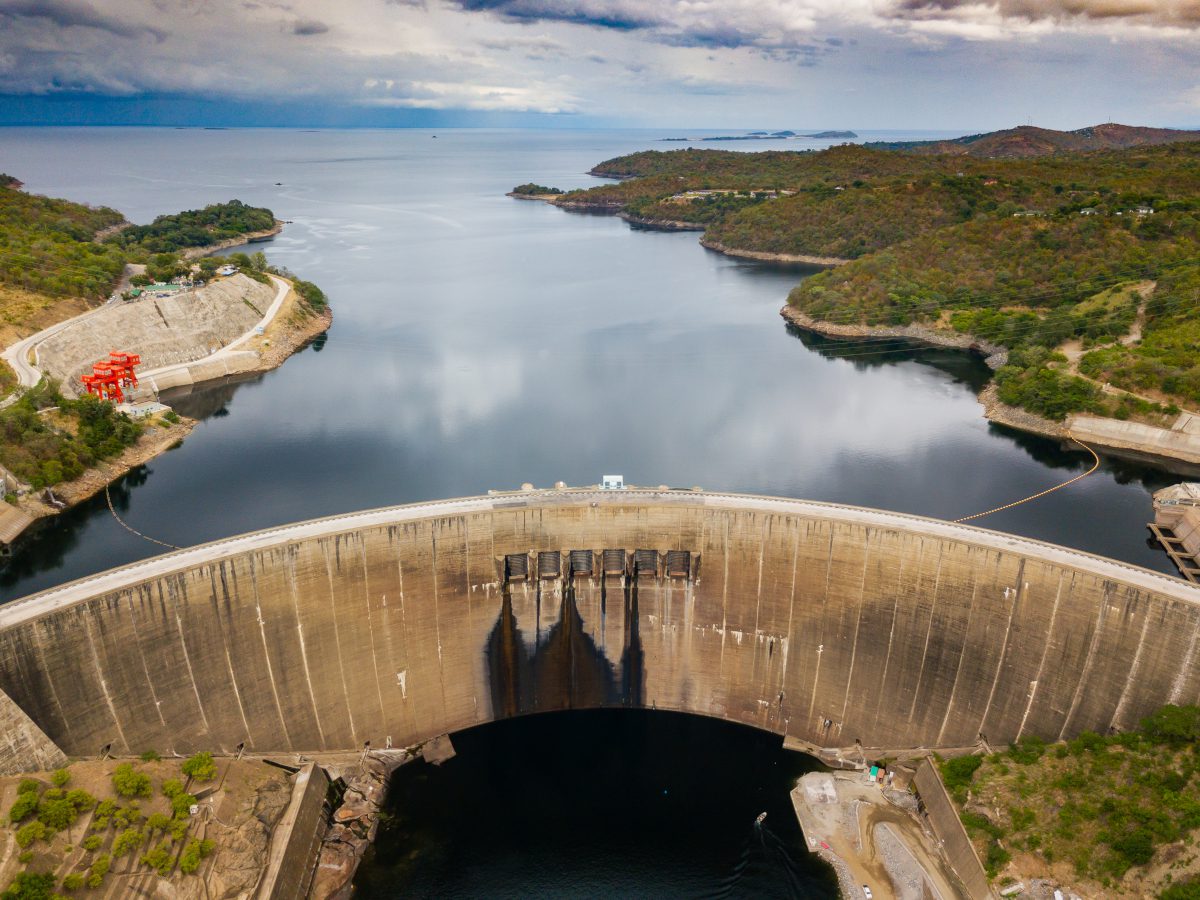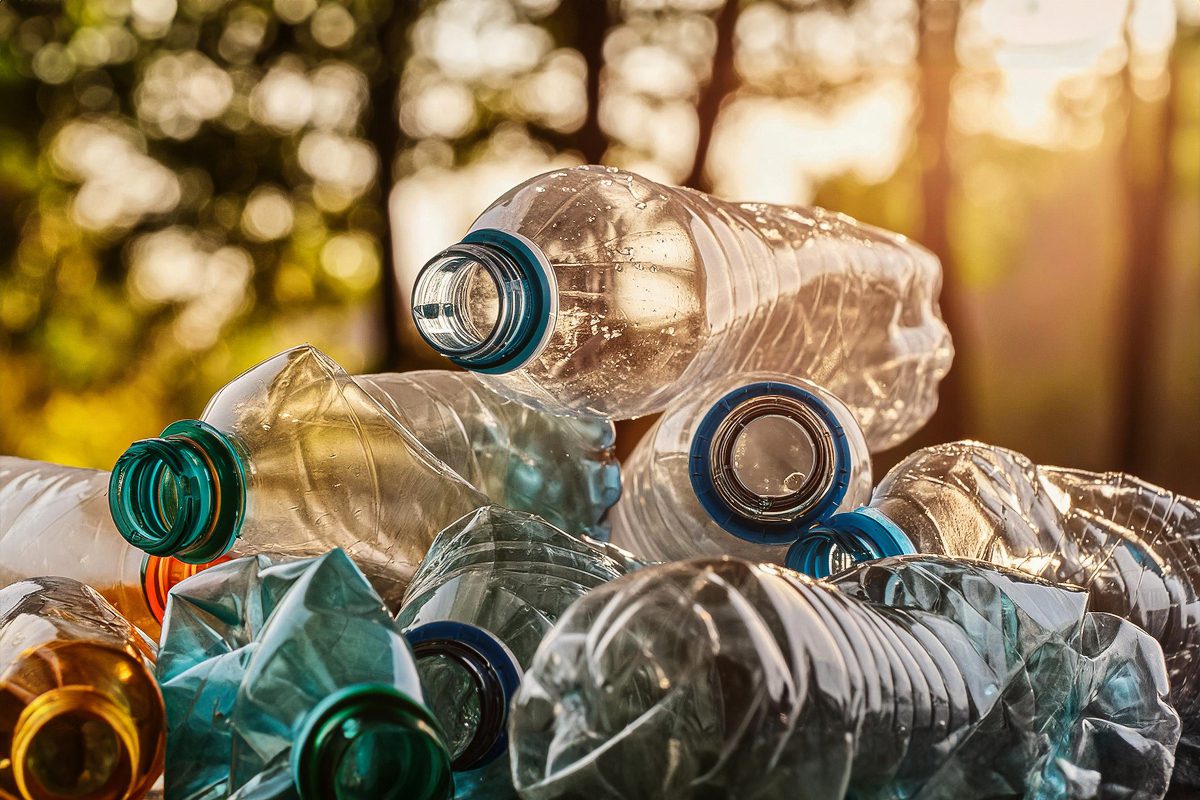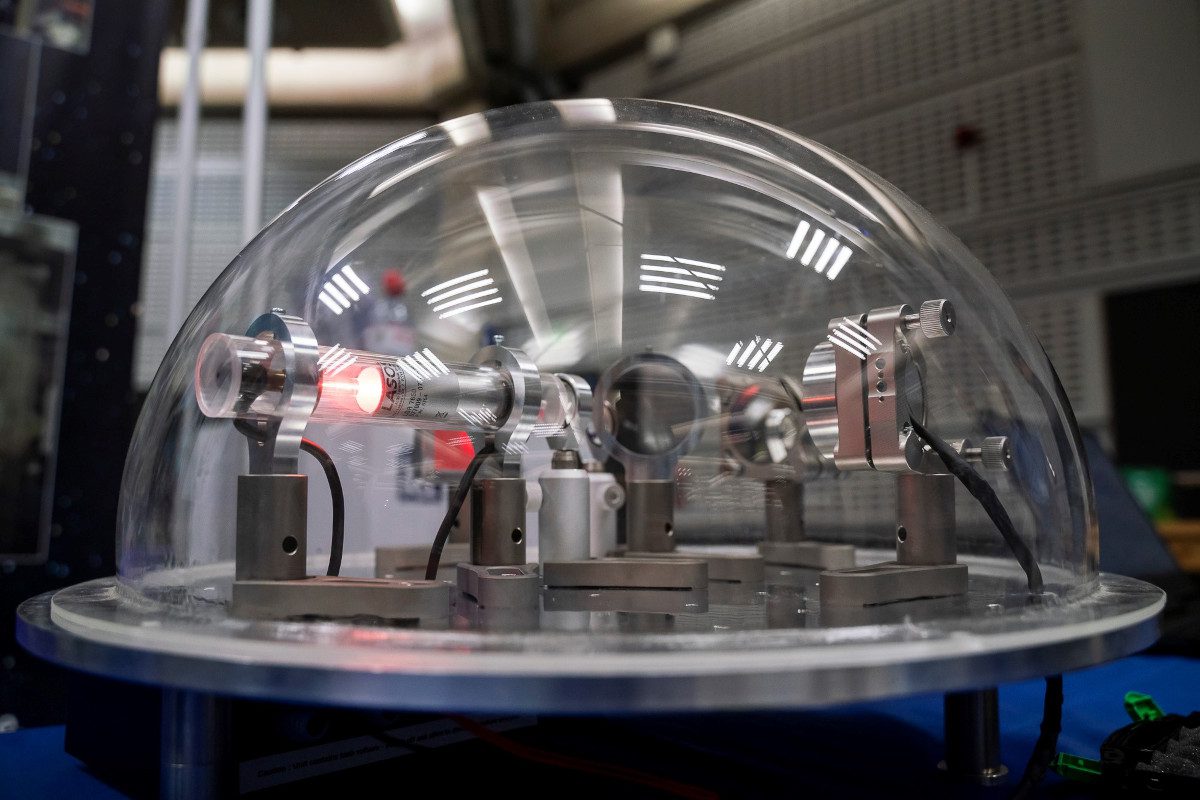
Researchers at the University of Sussex have identified electrical properties within gypsum nanomaterials – a development said to offer a promising avenue to developing sustainable habitation on Mars, where there is an abundance of the mineral.
Using resources and techniques currently applied on the International Space Station and by NASA, the work investigates the potential of nanomaterials for clean energy production and building materials on Mars.
Taking what was considered a waste product by NASA and applying only sustainable production methods, including water-based chemistry and low-energy processes, the researchers say they have successfully identified electrical properties within gypsum nanomaterials.
Dr Conor Boland said the study “builds off recent research performed by NASA”. It takes the rock from the planet’s surface – Martian gypsum – and turns it into nanomaterials equipped for a range of applications, including the production of clean hydrogen fuel, or developing an electronic device similar to a transistor, or creating an additive to textiles to increase their robustness.
“This opens avenues for sustainable technology – and building – on Mars but also highlights the broader potential for eco-friendly breakthroughs here on Earth.”


To make the breakthrough the researchers used NASA’s innovative method for extracting water from Martian gypsum, whereby it is dehydrated to get water for human consumption. This produces a byproduct called anhydrite— conventionally considered a waste material.
The Sussex researchers processed anhydrite into nanobelts – tagliatelle-shaped materials – which can be used to make clean energy systems and sustainable electronics. At every step of their process, water could be continuously collected and recycled.
Dr Boland said: “We are optimistic of the feasibility of this process on Mars, as it requires only naturally occurring materials – everything we used could, in theory, be replicated on the red planet. Arguably this is the most important goal in making the Martian colony sustainable from the outset.”
While full-scale electronics production may be impractical on Mars due to the lack of clean rooms and sterile conditions, the anhydrite nanobelts hold promise for clean energy production on Earth, and could, later down the line, still have a profound effect on sustainable energy production on Mars.
















